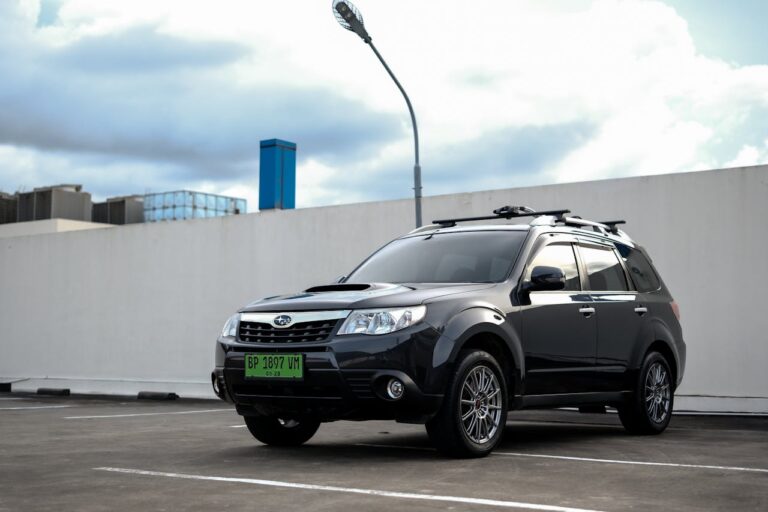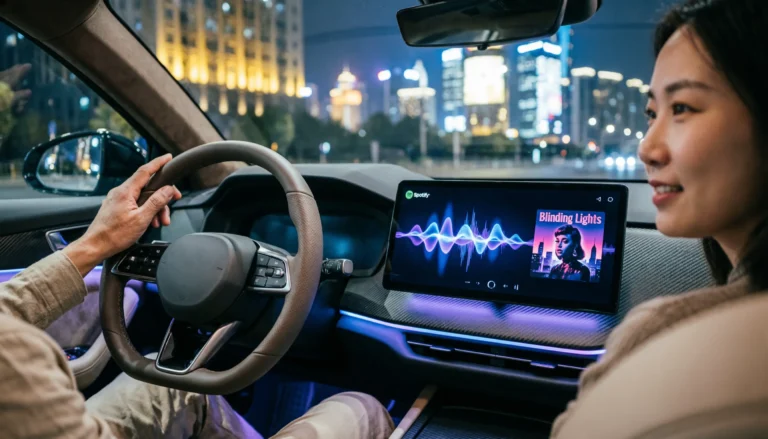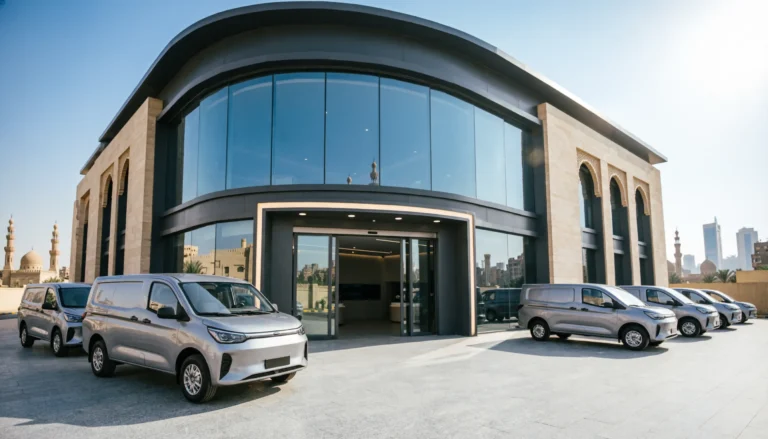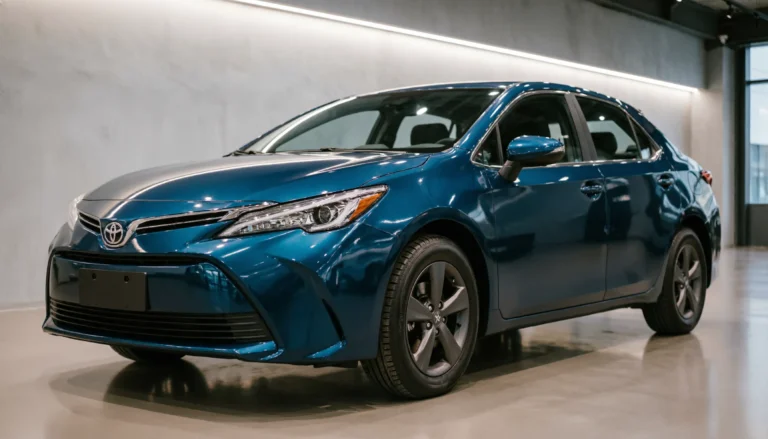
Volvo Cars has announced an operating profit (EBIT), excluding joint ventures and associates, of SEK 8.2 billion for the second quarter of 2024. This marks the highest-ever profit in a single quarter for the company, reflecting a 28 percent increase compared to the same period in 2023.
The core EBIT margin reached a record 8.1 percent, up from 6.3 percent last year, driven by the company’s focus on pricing discipline, internal cost control, and sustained sales growth.
Global retail sales for the quarter rose by 15 percent year-on-year, reaching 205,400 cars. This growth was largely fueled by the company’s electrified vehicles, with sales of plug-in hybrids and electric cars increasing by 43 percent compared to the previous year.
During the quarter, 48 percent of Volvo Cars’ global sales volume consisted of plug-in hybrid (PHEV) and fully electric (EV) cars. The EV-only share of sales rose to 26 percent. Notably, the EX30 small SUV emerged as one of the top three best-selling EVs in Europe, while the XC60 plug-in hybrid maintained its position as the best-selling PHEV in Europe in recent months.
The EX30’s popularity has contributed to an increase in Volvo Cars’ gross margins, which rose to 22.8 percent from 19.0 percent last year. The gross margins on EVs reached a new high of 20 percent, highlighting the profitability of Volvo Cars’ transition towards electrification.
Revenue for the second quarter stood at SEK 101.5 billion, slightly down from SEK 102.2 billion in the same period last year. The slight decline was due to reduced income from contract manufacturing and a normalization of sales to rental companies. However, core revenues from operations, excluding income from contract manufacturing, remained stable.
The year 2024 is pivotal for Volvo Cars, with the rollout of the EM90 MPV and the ramp-up of the EX30. Additionally, the first customers will receive Volvo Cars’ flagship fully electric SUV, the EX90, in the third quarter of 2024. The EX90 production commenced during the quarter at the company’s factory in South Carolina, USA.
The EX30, EM90, and EX90 illustrate Volvo Cars’ direction towards full electrification. These models, along with the company’s plug-in and mild hybrid cars, form a balanced portfolio that bridges the gap to an all-electric future.
Volvo Cars acknowledges that the transition to full electrification will not be uniform. Many consumers are still unable to adopt fully electric vehicles, particularly in regions with low infrastructure development or due to the early withdrawal of government incentives. Hence, the company’s diverse lineup of fully electric, plug-in hybrid, and mild hybrid models remains crucial.
Volvo Cars continues to invest in its product range, including new models and ongoing improvements to existing ones. During its Capital Markets Day in September, Volvo Cars will provide further details on its technological roadmap and upcoming models and updates.







